Kenya bans 'gay' music video
On Tuesday 23 February the Kenya Film Classification Board (KFCB) issued a statement to say it had restricted the distribution and sharing of a new music video, ‘Same Love’ by rapper Noti Flow and Art Attack.
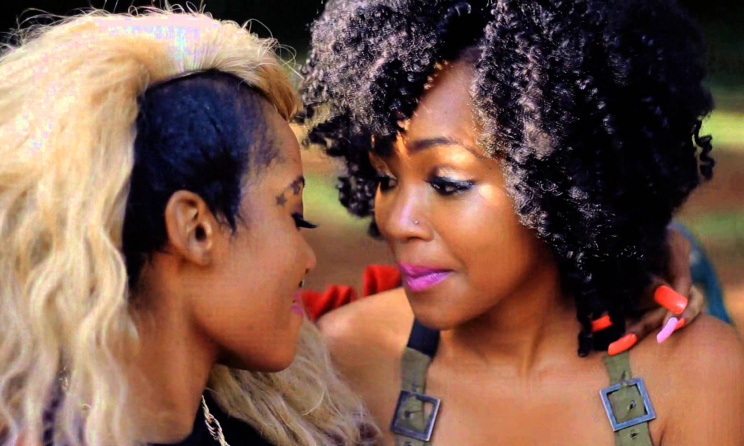 A screenshot from the Same Love music video. Photo: www.youtube.com
A screenshot from the Same Love music video. Photo: www.youtube.com
The controversial video features images of same-sex couples, interspersed with clips from the American media tackling gay issues, with lyrics that speak to conditions facing LGBT (lesbian, gay, bisexual, and transgender) people in Kenya.
As is often the case with 'official' censorship in the Youtube era, the move had the opposite effect, only serving to draw more attention to the video, which continues to garner views on Youtube. By the morning of 25 February, the clip had over 66 000 views, indicating that over 31 000 viewers had watched the video since the board restricted it days earlier.
The song's original version, first released in 2012 by American duo Macklemore and Ryan Lewis, featured a hook by singer Mary Lambert, whose haunting chorus announcing that "I can't change, even if I tried," remains in Art Attack's new version.
Clearly, homosexuality in Kenya is still a touchy matter. To talk about it is to touch a raw nerve. The comments section on Youtube for the video appears strongly divided between those calling for tolerance and others trying to dismiss the notion of freedom of sexual orientation, often using religious arguments.
Ezekiel Mutua, CEO of KFCB, described the video as illegal due to its lyrics that strongly advocate for gay rights in Kenya, complete with graphic sexual scenes between people of the same gender as well as depiction of nudity or pornography.
Reacting to the directive by the KFCB on Twitter, Noti Flow said it was bewildering that the board had banned a simple song that celebrates same-sex rights and that acknowledges the rights of gays and lesbians. “The Kenyan government tends to neglect Kenyan citizens and youth on important issues like job opportunities and issues that can take the country to another level but couldn't hesitate banning a simple song about rights of people's sex orientations! Well... We will not be moved. We stand by our song and its message,” the singer stated.
While the KFCB confirmed that the video had been restricted on YouTube, the video continues to be viewed. There is an ingrained tendency of Kenyans (or people in general) to watch a video after it has been banned. This was also the case when the board banned the distribution of the American film The Wolf of Wall Street.
Kenya is not alone: in recent years other African nations have also faced international scrutiny for apparently 'outlawing' homosexuality. In Mauritania, Sudan and northern Nigeria, for example, homosexuality is punishable by death. In Uganda, Tanzania, and Sierra Leone, offenders can receive life imprisonment for homosexual acts. Zimbabwean president Robert Mugabe has also been a vocal critic of gay rights, strongly denouncing same-sex marriage. Further public debate is needed throughout the continent, something that 'Same Love' is helping to encourage.



























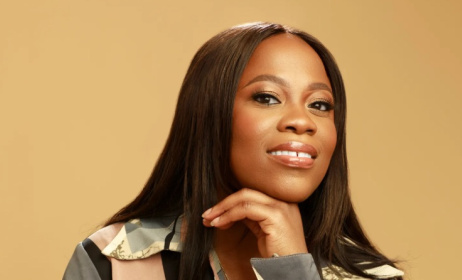
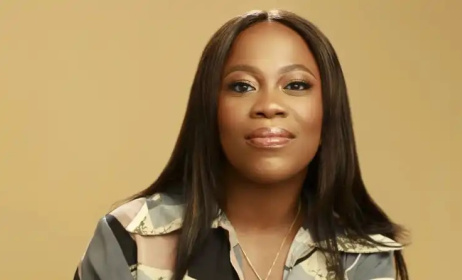
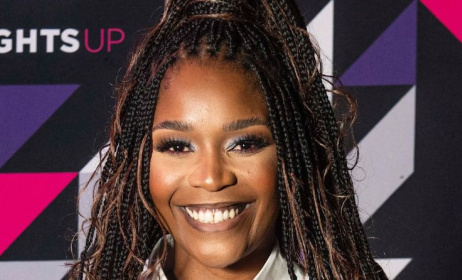
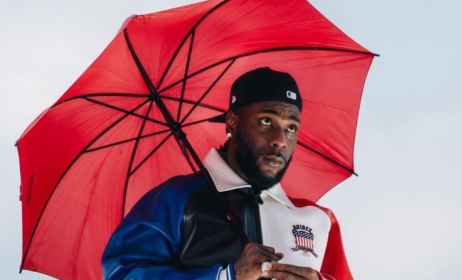
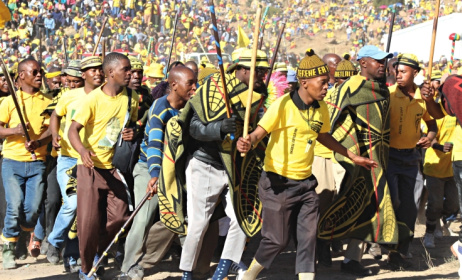


Comments
Log in or register to post comments